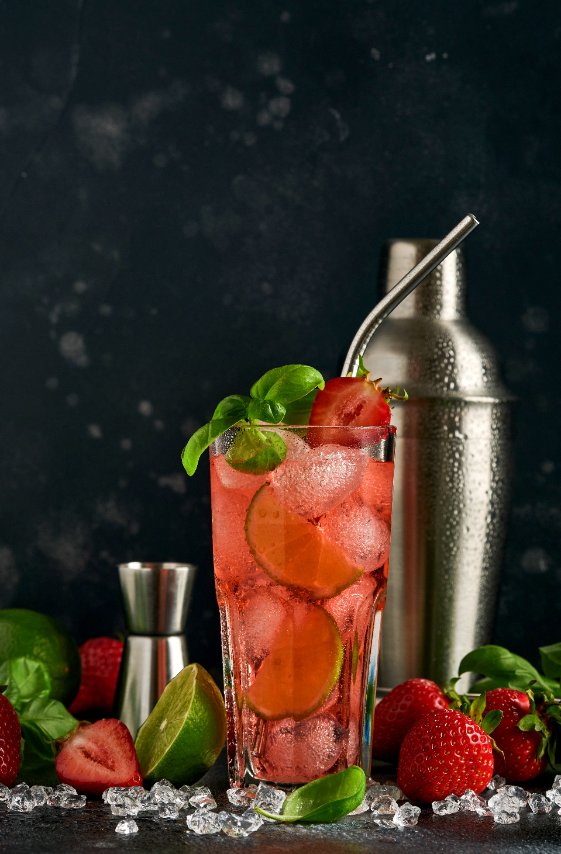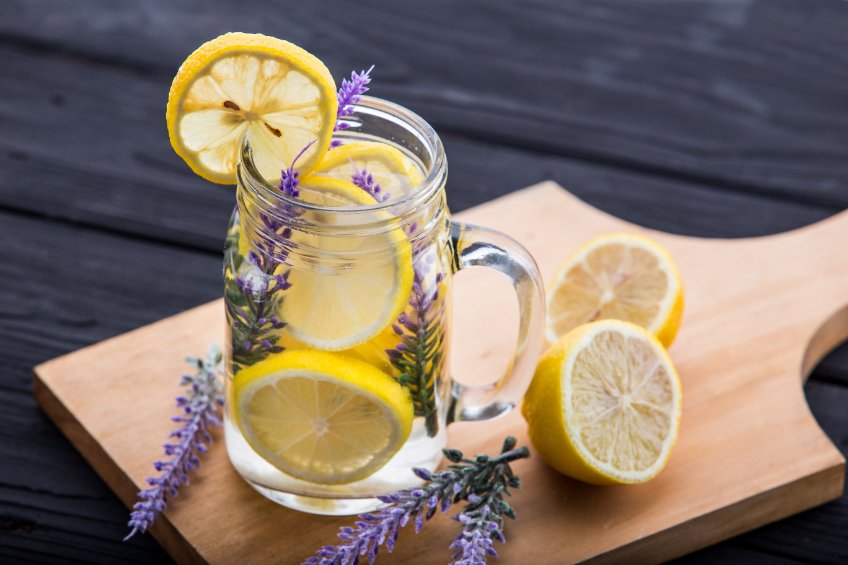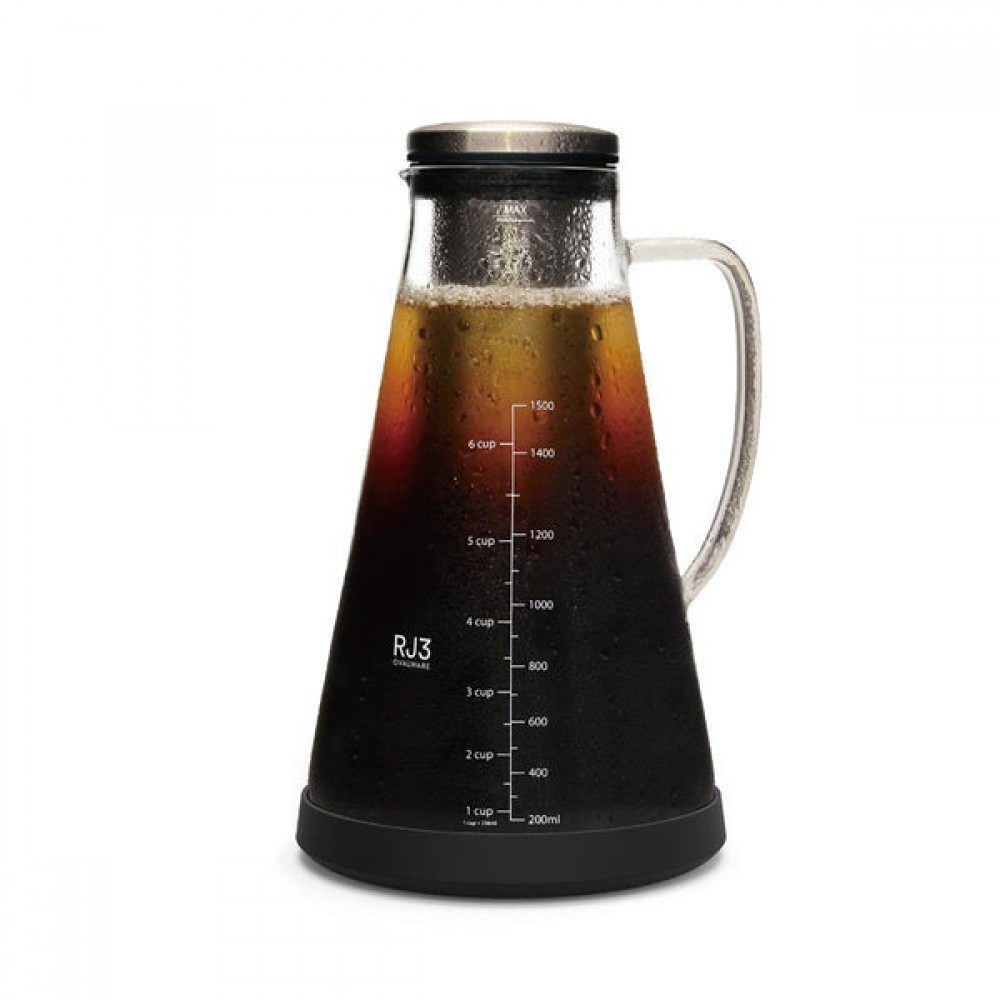June 12th, 2024
Infused Water Recipes to Try This Summer
They say that water is the essence of life, meaning that all living things need water to sustain it. The body weight formula rule is to drink one-third of your body’s weight in ounces of fluids. For example, if you weigh 150 pounds, then you should aim to drink 50 ounces of water each day.
Drinking water is especially vital for health as we age. NCOA reports that “Adults 60 and older are at greater risk for dehydration for a number of reasons, including natural drops in thirst levels and body composition changes.” Studies have linked water intake to brain performance, digestive health, joint pain, and heart health. (1)
Studies have also linked mild dehydration which ranges from 1% – 2% water loss with headaches, memory recollection, fatigue, heightened anxiety, changes in mood and overall brain performance. (2)
We can all agree that most of us don’t drink enough water. Infused waters can help motivate you to drink more water, but they have other benefits.
Benefits of Infused Water
- Reduction of Waste: By using herb, fruit and vegetable ends, you get the most for your money. By using reusable glass bottles, you reduce landfill waste by not using plastic bottles or aluminum cans.
- Reduction of Processed Sugar Intake: By drinking infused water, there is natural sugars in the fruit, so it helps with sugar cravings without the processed sugar. This is a easy replacement for sugary sodas and energy drinks.
- Motivation To Stay Hydrated: When water tastes better than tap water or bottled water, it encourages you to drink more of it.
How to Make Infused Water
Making infused water is especially easy. Use a glass jar or pitcher that can be covered or sealed. Slice up your herbs, fruit and vegetables and fill the container half way. Add cold water and cover. Let infuse overnight for maximum flavor.
Your infusion can be stored in a airtight container for up to two days in the fridge.
I actually used my cold brew tea and coffee pitcher from Ovalware for this. It’s airtight lid and infusion cylinder is perfect for this.
A Word Of Caution On Infused Waters
Depending on what herbs, fruits and vegetables you are using in your infused waters will change the outcome on taste. We know that by infusing, some of the vitamins and minerals are released into the water. We also know that electrolytes from minerals in certain citric fruits are also released.
Sodium is an important electrolyte as well. By adding a very small pinch of mineral rich salts such as Celtic Sea Salt or Pink Himalayan Sea Salt, you can boost hydration pairing with the electrolytes from the fruit.
A word of caution though…
There is some confusion on how much vitamins and minerals actually infuse into the water by standard nutrition information. Additionally, there is no scientific evidence to support any detoxification process with drinking infused waters. Please keep this in mind when reading benefits of infused water combinations. I believe that infused waters have health benefits, but I also believe more research is needed and clarification in nutritional information should be published.
Another thing to note is only water-soluble nutrients can get into the infused water.
These include:
- Vitamin C
- B12
- B6
- Thiamine
- Riboflavin
- Niacin
- Pantothenic acid
- Biotin
- Folic acid
- Electrolytes
(3)
Infused Water Combinations To Try
Mango & Ginger
Earthy, spicy ginger has anti-inflammatory, analgesic and antibacterial properties. While mango is sweet and fruity, it also contains enzymes that aid the breakdown and digestion of protein and fiber. Mango is also high in Vitamin C. One mango packs about 122 milligrams of vitamin C, which is more than enough vitamin C for an entire day. (4)
Strawberries & Basil
Strawberries, much like other berries, are rich in fiber, minerals, vitamins and compounds with anti-inflammatory and antioxidant properties. Basil has macronutrients vitamin K, calcium and antioxidants.
This particular combination is popular for spa waters as it is Whole30 program friendly, Paleo Diet friendly, and Keto Diet friendly.

Blackberries & Lemon
Lemons are high in Vitamin C. Lemons also have a soluble dietary fiber, pectin which aids in healthy digestion. (5) Blackberries in turn, are a naturally sweet counterpoint to the lemon’s acidity. These berries are high in Vitamin K and manganese. Antioxidants in blackberries such as anthocyanins hold many anti-inflammatory and anti-microbial properties.
Watermelon & Mint
Cantaloupe and honeydew will work for this recipe as well. Melons are high in vitamin B6, vitamin C, vitamin K, potassium, and dietary fiber. Mint leaves are rich in phosphorus, calcium and vitamins like C, D, E and A.
Apple & Cinnamon
This combination works well for a fall inspired infusion. Apples are extremely rich in antioxidants and flavonoids, including Vitamins C and B Complex. Cinnamon has been historically used for suppressing appetite, as well as it’s metabolism-boosting properties and anti-inflammatory properties.
Cucumber, Lime & Mint
Fresh mint and lime make this infusion taste more like a mocktail, but the combination with the cucumber makes it all the more hydrating.
Bonus Recipe: Lavender & Lemon Water
This water is not cold water infused, but instead prepared by using hot water, lemons and dried flowers. Lavender contains antioxidants that interact with the body’s endocrine system to assist in decreasing stress hormones. Lavender has also been used historically for sleep promotion, it’s anti-inflammatory properties and improving digestion. As stated above, Lemons are high in Vitamin C. Lemons also have a soluble dietary fiber, pectin which aids in healthy digestion. (5)

To make this tonic, start by boiling four cups of water. Add one tablespoon of dried lavender flowers to the water and let the flowers steep for up to four hours. Strain the lavender flowers by pouring water through a mesh strainer. Add the juice of five freshly squeezed lemons to the water and stir. Chill the water for a few hours before drinking or if you enjoy your water at room temperature you can drink once cooled to desired temperature.
Happy Hydrating,
Sarah
References:
- https://www.ncoa.org/article/10-reasons-why-hydration-is-important
- https://www.ncbi.nlm.nih.gov/pmc/articles/PMC4207053/
- https://www.ncbi.nlm.nih.gov/books/NBK218756/
- https://www.ncbi.nlm.nih.gov/pmc/articles/PMC6807195/
- https://www.webmd.com/diet/health-benefits-lemon


